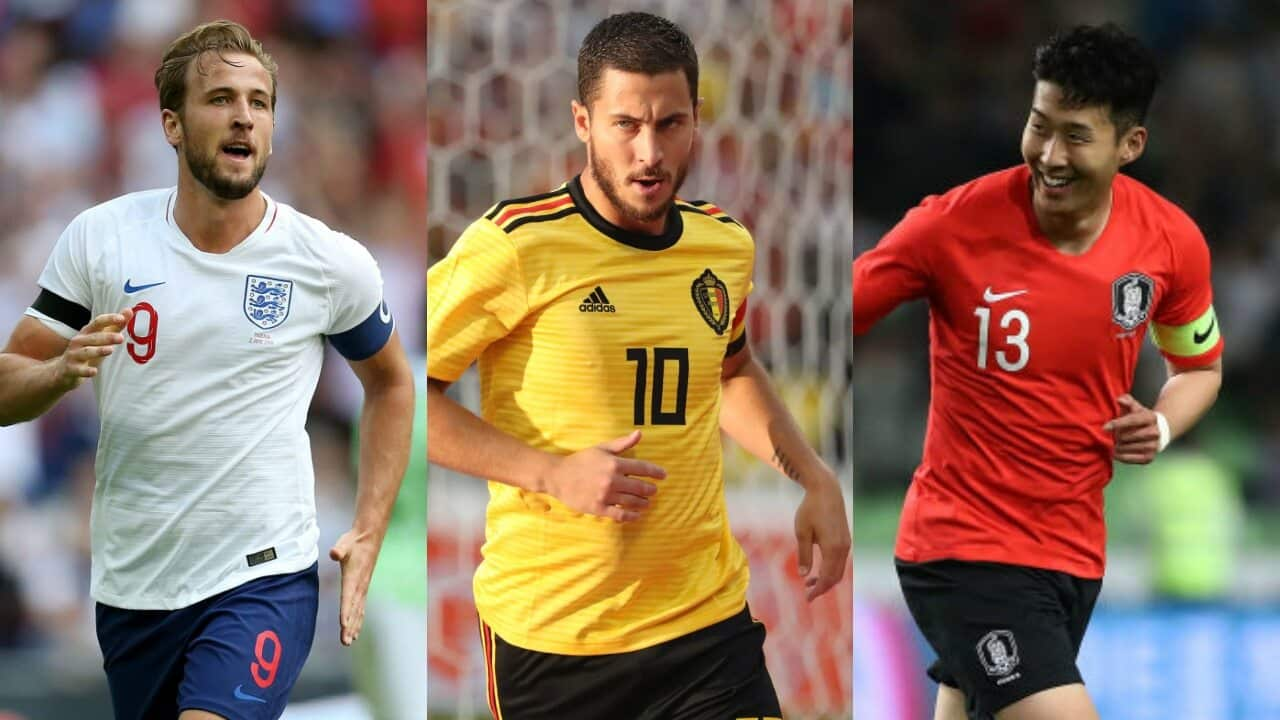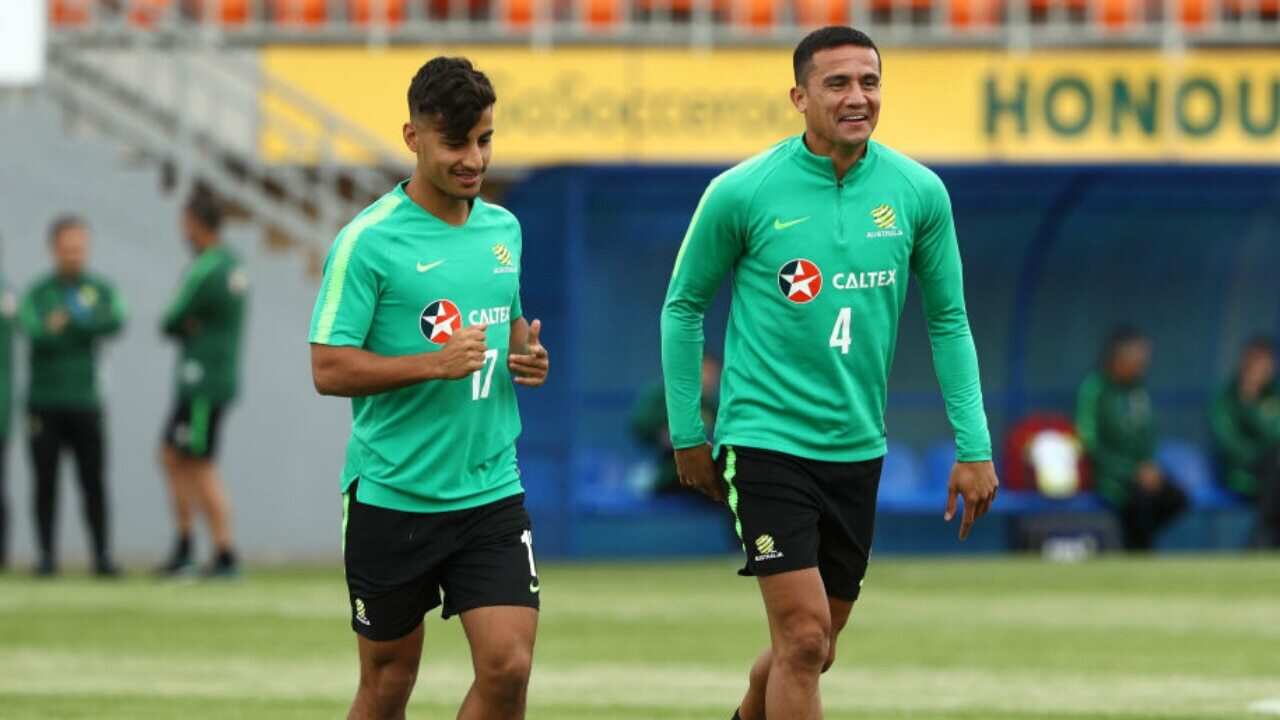They might not be a visible part of the 2018 FIFA World Cup.
They are not on the pitch, nor in the dug-out.
But international sports lawyers play an important role at major sporting events, and FIFA’s flagship tournament is no different.
From disciplinary disputes to anti-doping, commercial issues to trade sanctions, law and regulatory concerns often arise in this context.
One of the international lawyers in Russia is James Kitching, a South Australian.
A University of Adelaide graduate, Kitching began his career as a government lawyer but says he was “obsessed with sport and wanted to mould a career working in sport and the law.”
Kitching undertook postgraduate studies in Europe – the “FIFA Master” – before accepting a role with the Asian Football Confederation (AFC).
Until recently he was head of sports legal at the AFC, before leaving to start his own consultancy.
Kitching is at the World Cup with the Saudi Arabian national team.
“I am contracted to assist them with any international sports law or regulatory issues which might arise,” Kitching explains.
“This predominantly means disciplinary issues. On-field conduct, equipment or commercial infractions, issues with the delegation.”
Kitching offers the example of Mexico, who are facing disciplinary proceedings over an allegedly homophobic chant. “That’s the kind of thing I would be working on,” he says.
Disciplinary matters relating to on-field conduct are the most common issue to arise in a tournament environment.
Following each match FIFA issues both teams with a confirmation notice, specifying all disciplinary decisions made by the referee during the match.
If a player or coach is sent off, the global governing body will issue a disciplinary show cause notice; they can also issue these at any time in relation to conduct off the pitch or incidents that were missed during the match.
Once a decision has been made by FIFA’s disciplinary committee (such as to issue a suspension), teams are able to appeal to an internal appeals committee.
If they are still dissatisfied, they can commence proceedings in the Court of Arbitration for Sport (CAS), which has a temporary presence in Russia for the tournament.
With the ability of players to play in forthcoming fixtures often at stake, and such short gaps between matches, time is of the essence.
“Sport requires fast decisions,” Kitching says. “But FIFA does its best to allow associations to protect the rights of players and officials in disciplinary proceedings by issuing decisions quickly.”
During the competition CAS decisions are issued within 24 hours.
They usually take months, as Luis Suarez found out in the case concerning his bite at the 2014 World Cup, which was held over because Uruguay had been eliminated and not determined until December.
While Kitching can’t say how busy he has been in the opening week of the World Cup – “all FIFA proceedings are confidential” – the Australian has managed to fit in several games in Moscow, where he and FIFA’s legal team are based.
Saudi Arabia is not the only country with a legal eye trained on the World Cup.
“The vast majority of football federations, including Australia, have good sports law departments which are monitoring all disciplinary issues which arise at the competition and work around the clock if they come up,” Kitching says.
He cites the 2010 World Cup, where Tim Cahill and Harry Kewell both received just one-match suspensions following their red cards, as an example of Football Federation Australia’s good work in this area.
For the five Asian teams competing in Russia, the work of lawyers could prove especially important.
“There are no official AFC matches between the World Cup and the Asian Cup,” Kitching says.
The Asian Cup kicks off in the United Arab Emirates in January 2019.
“If a coach or player was given a lengthy suspension for example, that would carry over to the Asian Cup,” he continues. “It is not like in Europe where they have numerous qualifying matches in the coming months.
“If someone was sent off in the last match of the World Cup and received a six-match ban, that would be their Asian Cup over.”
Decisions made by sharply-dressed lawyers might seem a world away from the action on the football pitch.
But in modern football, these legal minds can make a difference on and off the pitch.
“Our work could be the difference between a three match and a two match suspension – that could be the difference between playing in the round of 16 and not,” Kitching suggests.
“This is part of football now,” he concludes. “It is the reality of the game.”











